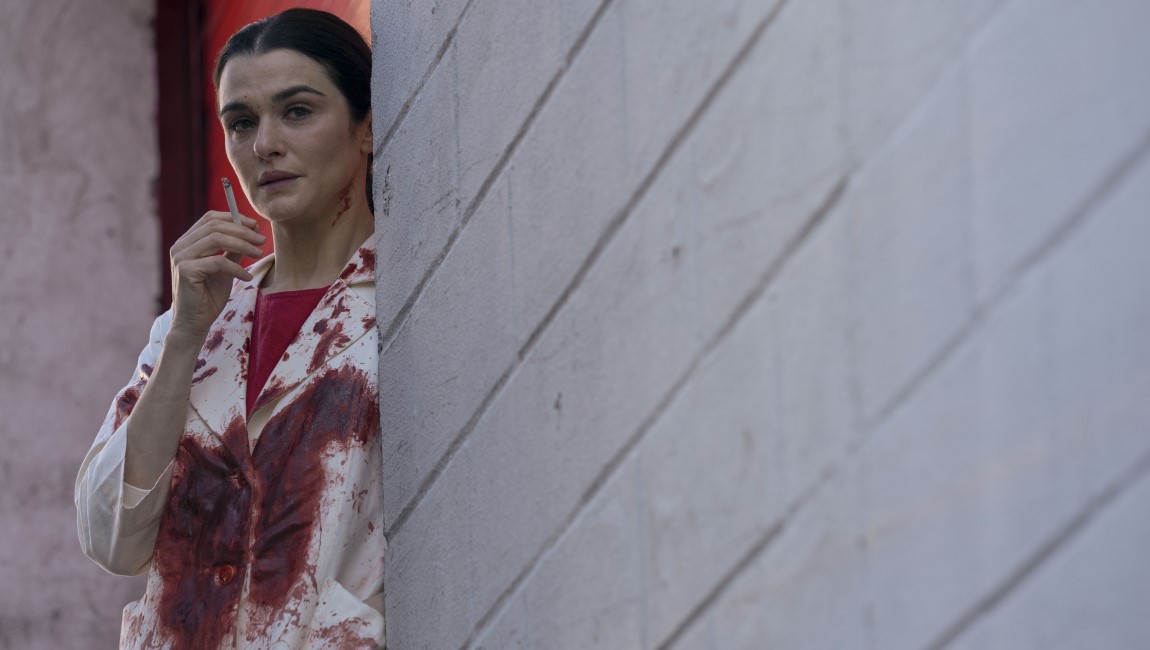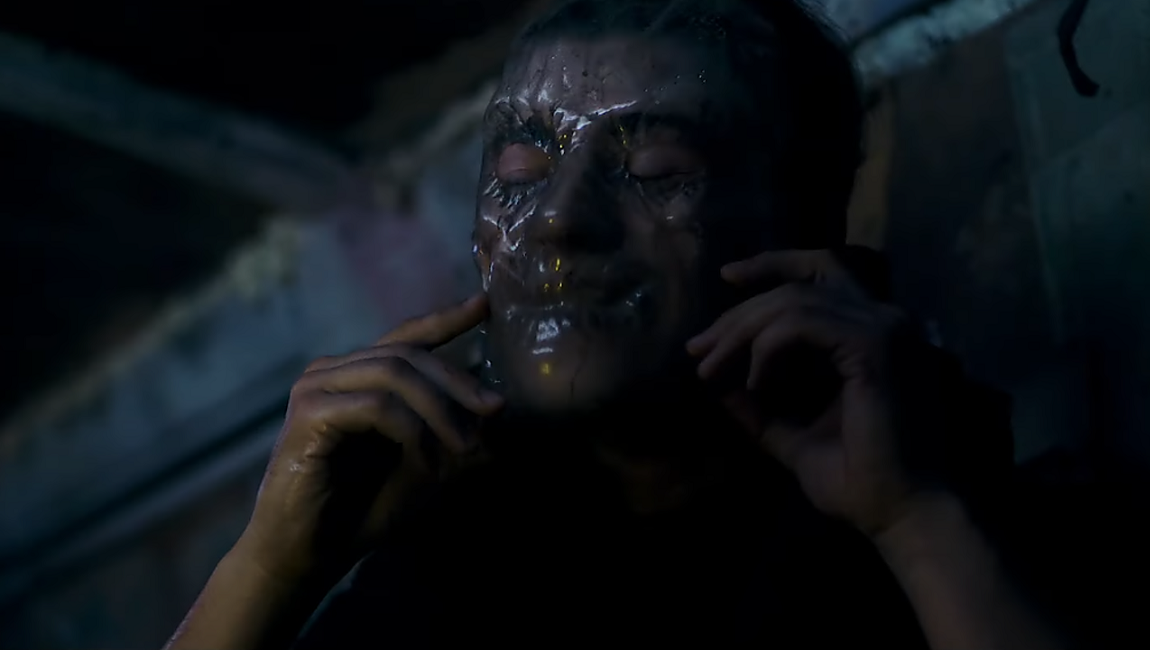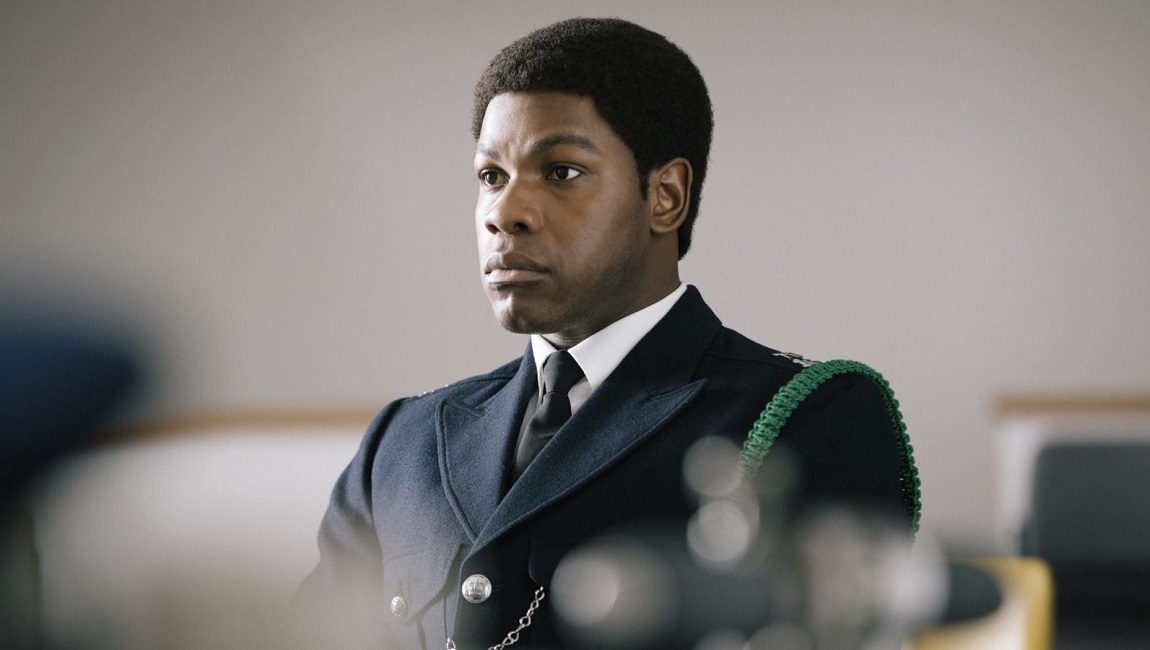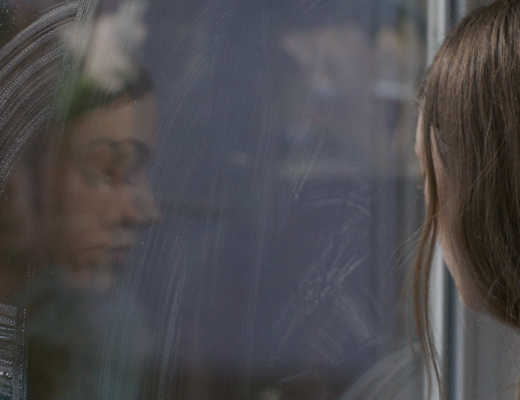It’s hard not to see the Dead Ringers miniseries as yet another domino tumbling on the remake assembly line that turns everything from The Parallax View to Fatal Attraction into half-hearted content, primed for couch-locked consumption. Credit where it’s due, Cronenberg’s underrated 1988 thriller at least makes for an intriguing selection, given its restrained manner, disturbing gynecological sojourns, and the demanding dual performance of its lead-playing twin doctors stuck in a codependent spiral. Anyone looking to play it safe (though what Cronenberg remake really is?) could have chosen to adapt eXistenZ, whose twisty, mind-bending plot and science fiction trappings seem at least better suited for serialization than this icy, melodramatic chamber piece.
That said, the assembled team here is pretty strong: there’s dual-lead Rachel Weisz, blending the composed vulnerability of Disobedience with the ravenous bite of The Favourite; the likes of Sean Durkin (Martha Marcy May Marlene) and Karyn Kusama (The Invitation) directing; and it’s all run by playwright/screenwriter Alice Birch, who penned the phenomenal Florence Pugh breakout, Lady Macbeth, and whose impressive television credits include Normal People and Succession. It’s all this squandered potential that makes the predictably tepid end result — a parade of extraneous themes, characters, and plot lines, scattered across six disjointed episodes — such a letdown.
This fumbling effort highlights the unavoidable catch-22 of the movie-to-miniseries pipeline: a straightforward remake would be considered a futile exercise in imitation, but the full-scale remodel (as embarked on by Birch) remains awkwardly chained to its source material, leaving its myriad ambitions out of arm’s reach. The original narrative of Beverly and Elliot Mantle’s co-dependent self-destruction still grounds the project, but there are now hours of filler to dilute Cronenberg’s concentrated dose. Long sequences with the twins’ parents, their sociopathic angel investors, their artist-in-residence housekeeper, the magazine writer working on an expose — it’s a cascade of false starts and half-thoughts trailing off before they ever get anywhere interesting. This undercooked quality is most pronounced with the reorientated focus on the politics of reproductive health. This shift, defined by the Mantle twins’ gender swap, might promise to be the series’ greatest strength, a timely and clever inversion of some of the prickly, misogynistic undertones in the original brothers’ psychology. But just like in the aforementioned threads, this too is presented in Twitter-bent one-liners and scattershot fragments that never have space to breathe.
Accompanying the overstuffed scope of ideas is a similarly overstuffed stylization, presented in anamorphic widescreen to give ample room for the twins to share the frame. Where Cronenberg’s version avoided stressing its central gimmick, the miniseries embraces it with relish and abandon, collecting both Weiszs together in a shot as much as possible. Similarly absent is the restraint of the original’s visuals. Peter Suschitzky’s muted palette resembled a soap opera, lulling the viewer into an uneasy calm, only to blossom in spectacular moments like a bondage scene featuring rubber tubing and medical clamps shot in woozy blues, or the gloom of the operating theater pierced with the smoldering crimson of the Mantles’ surgical garb. Birch’s version nods at some of these ideas, but strikes a frustrating middle-ground of colorful, nicely framed banality that plays like microwaved leftovers. All this is goaded on by a snappy musical score and punctuated by an endless parade of tacky needle drops. If Cronenberg bemoaned the cost of featuring a single song in his film (“In The Still of the Night” by The Five Satins), it’s tough to imagine what his reaction would be to this soundtrack, so stuffed with overused hits — “Sweet Dreams,” “Tainted Love,” and so forth — that it chugs along almost like a jukebox musical.
There are some bright spots here and there. Weisz’s take on the twins may lack nuance — Jeremy Irons’ performance remains untouched — but it makes up for it in campy exuberance, which, accompanied by some devilishly funny writing and a strong supporting cast, helps keep things gliding along. Particular standouts include Jennifer Ehle’s razor-witted Rebecca Parker, the caustic investor the Mantles have to beg for funding for their birthing centers, and Ntare Guma Mbhaho Mwine as a writer digging into the Mantles, stealing every single scene he’s in with relaxed poise and finely tuned, simmering charm. Where the show really stumbles, however, is in building its emotional backbone. Weisz has no chemistry with Britne Oldford, who plays Beverly’s lover, an issue compounded by the fact that Beverely’s character has been restructured in such a way as to become an idealistic husk of what he once was. In the original, Beverly was the more empathetic of the two, but far less predictable, susceptible to addiction and psychological breakdown. Elliot was colder, crueler, and more playful, but defined by a calm demeanor and a rigid sense of control. Instead, Birch’s version sanctifies Beverly and transfers all flaws over to Elliot. Out of everything that frustrates in this Dead Ringers, its oversimplified, good twin/bad twin dichotomy is most destructive to the heart of the source material.
By the time you’ve made it to the sixth and final episode, the incongruities in theme and tone and the sheer number of abandoned plot threads start to seem like insurmountable failings. The show races toward its ending with the sweaty energy of a series canceled halfway through, one desperately trying to cobble together a satisfying conclusion amidst its final throes. Following the trend set by every poorly thought-through deviation from the source material leading up to it thus far, Birch declines the original’s beautifully cutting closer in favor of a broader, tackier, and more predictable finale. The muddled nature of this desperate final bow stands in stark contrast to the quiet dignity of Cronenberg’s operatic ending, a move that seems to be at total odds with the warmer, more empathetic approach toward the Mantles that the series until this point exhibits. Maybe the most charitable reading here would be that the disjointed flow from one episode to the next suggests that each should be seen as improvisations on a theme — siblings, parents, class, motherhood — and yet, as poorly as these work as a whole, they seem even more wanting in isolation. The ultimate takeaway here is that, tempting as it may be, trying to xerox the dark alchemy of Cronenbergian narrative is a fool’s errand. Cronenberg’s discordant themes, at once excessive and elegant, aren’t threaded together but instead violently fused; the final, imitative product that is this Dead Ringers mini-series is a fender-bender enervated by caution, whereas the real deal was an expressway collision, its potency crawling up your spine — glass, metal, and protruding flesh.
You can currently stream Dead Ringers on Amazon Prime.
Published as part of InRO Weekly — Volume 1, Issue 16.







